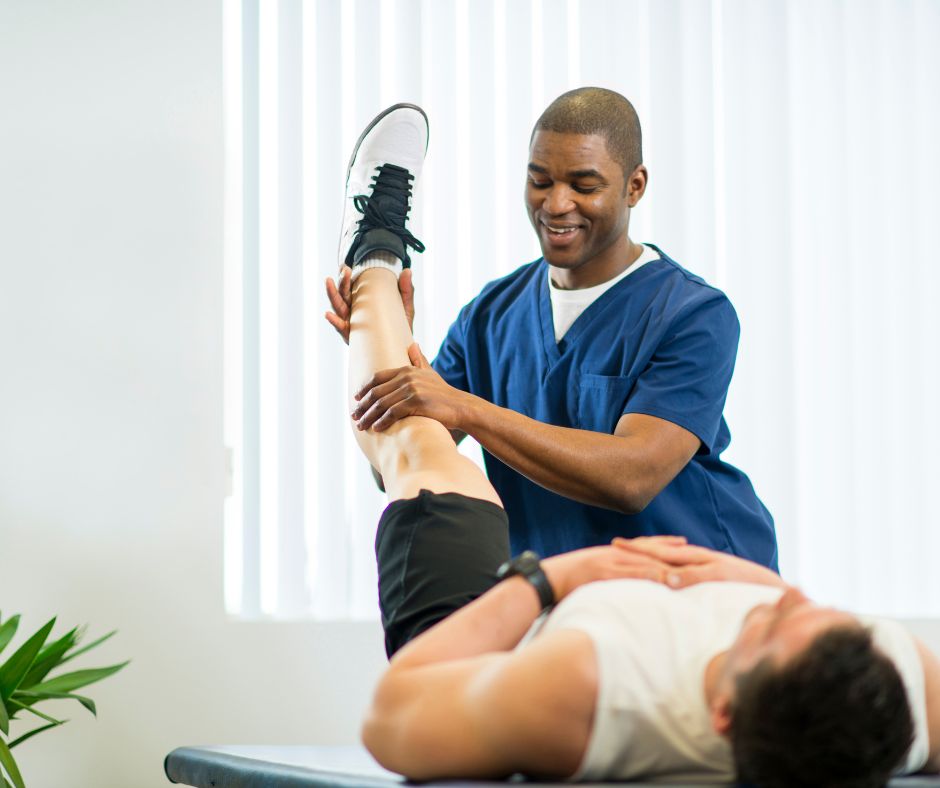The Essential Effect of Resistance Training on Enhancing Rehabilitation and Performance in Athletic Recovery
Wiki Article
Resistance conditioning holds a vital part in sports rehabilitation, assisting sportspeople heal from injuries and enhance their general performance. When an athlete gets hurt, their physique requires period to recover. However, during this rehabilitation phase, it is essential to preserve power and flexibility to prevent further damages. Strength conditioning can be tailored to suit the requirements of each athlete, focusing on particular muscle areas that may have been impacted by the injury. This targeted method not only aids in recovery but also prepares the individual to return to their sport stronger than before.

One of the main benefits of resistance conditioning in rehabilitation is its ability to enhance muscular strength and stamina. When muscles are more powerful, they can better support joints and minimize the risk of recurrence of injury. For example, an individual recovering from a knee trauma can benefit from exercises that fortify the thigh muscles and back thigh muscles. These muscular tissues play a crucial role in supporting the knee joint. By incorporating resistance conditioning into their rehabilitation plan, athletes can recover their strength more efficiently and safely.
In furthermore to developing power, strength conditioning also enhances mobility and range of movement. Many traumas can lead to rigidity in the affected area, causing it challenging for athletes to navigate easily. Strength conditioning exercises often include stretching and lengthening the muscles, which can assist reestablish flexibility. For instance, adding weight straps or weights into flexibility routines can enhance the efficacy of these workouts. As mobility enhances, individuals can perform actions more efficiently, which is crucial for peak capabilities in their activity.
Another important factor of resistance training in sports rehabilitation is its positive effect on psychological well-being. Recovering from an injury can be a challenging and frustrating experience for individuals. Participating in resistance conditioning can provide a feeling of accomplishment and boost confidence. As athletes see look at here gains in their power and capabilities, they may feel more motivated to persist their recovery process. This mental boost can be just as crucial as the bodily benefits, as a positive attitude can result to better outcomes in recovery.
Finally, resistance conditioning can help athletes move back to their activity more smoothly. Once they have regained their strength and mobility, individuals must to practice sport-specific movements to ensure they are ready for competition. Strength training can be combined with sport-specific drills to create a comprehensive recovery plan. This combination allows individuals to not only heal but also enhance their performance. By concentrating on both rehabilitation and performance, resistance conditioning becomes an essential tool in the rehabilitation journey, assisting athletes come back to their activity stronger and more durable.